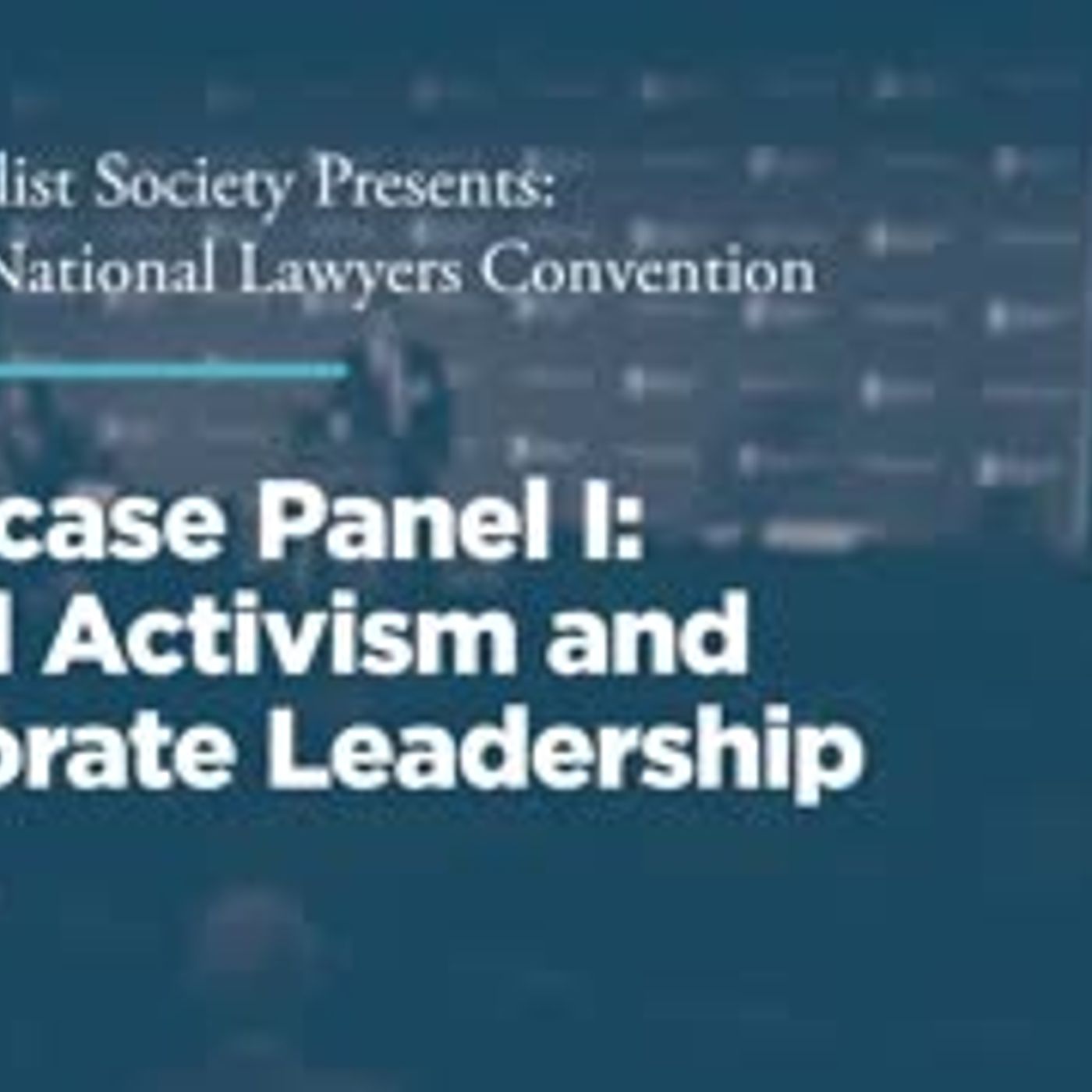- News
- Politics
- SEE MORE
- classical
- general
- talk
- News
- Family
- Bürgerfunk
- pop
- Islam
- soul
- jazz
- Comedy
- humor
- wissenschaft
- opera
- baroque
- gesellschaft
- theater
- Local
- alternative
- electro
- rock
- rap
- lifestyle
- Music
- como
- RNE
- ballads
- greek
- Buddhism
- deportes
- christian
- Technology
- piano
- djs
- Dance
- dutch
- flamenco
- social
- hope
- christian rock
- academia
- afrique
- Business
- musique
- ελληνική-μουσική
- religion
- World radio
- Zarzuela
- travel
- World
- NFL
- media
- Art
- public
- Sports
- Gospel
- st.
- baptist
- Leisure
- Kids & Family
- musical
- club
- Culture
- Health & Fitness
- True Crime
- Fiction
- children
- Society & Culture
- TV & Film
- gold
- kunst
- música
- gay
- Natural
- a
- francais
- bach
- economics
- kultur
- evangelical
- tech
- Opinion
- Government
- gaming
- College
- technik
- History
- Jesus
- Health
- movies
- radio
- services
- Church
- podcast
- Education
- international
- Transportation
- Other
- kids
- podcasts
- philadelphia
- Noticias
- love
- sport
- Salud
- film
- and
- 4chan
- Disco
- Stories
- fashion
- Arts
- interviews
- hardstyle
- entertainment
- humour
- medieval
- literature
- alma
- Cultura
- video
- TV
- Science
- en
Showcase Panel I: Social Activism and Corporate Leadership

b'What role should publicly traded corporations play in democratic politics?
The 2021 National Lawyers Convention took place November 11-13, 2021 at the Mayflower Hotel in Washington, DC. The topic of the conference was "Public and Private Power: Preserving Freedom or Preventing Harm?" The first showcase panel discussed "Social Activism and Corporate Leadership."
Corporate resources are increasingly being used to advance social justice policy goals. This corporate engagement includes advocacy for what’s presented as the “corporate perspective” on divisive social questions. It also includes the use of economic leverage to influence public opinion, affect government policy, and induce private agreements to policy choices that have not been adopted through the political process.
To some, this is a positive development: it is all to the good for corporations to advance a just cause. Their public leadership and their market power can help bring the country and the world along. To others, this is an abuse and confusion of power. The goals of the “social justice” and “woke” movements are among the most hotly contested questions of American politics and culture, and they should be resolved through democratic processes without corporations putting a thumb on the scale.
We will explore these questions both as matters of principle and matters of law.
As a matter of principle, should corporations have unfettered discretion to influence any sphere of American life? Is such discretion good for the democratic process, and is it good for individual liberty? Is the libertarian perspective -- that private actors should be largely able to do what they want, and if they overstep, market competition will fill the gap – adequate to this dynamic? Is there any limiting principle to corporations using economic power to influence politics?
As a matter of law, are corporations permitted to use whatever levers are available to them to influence matters of politics? Is corporate leadership permitted to do so in publicly traded companies? Should corporate endorsement or support of a policy position or candidate be considered a reportable lobbying expense or campaign contribution and, if so, how should it be valued? What existing legal frameworks might apply to these questions? How does Citizens United fit into this picture?
Featuring:
Prof. Margaret Blair, Professor of Law Emerita & Milton R. Underwood Chair in Free Enterprise Emerita, Vanderbilt University Law School; Senior Fellow, Brookings Institution
Prof. Jonathan Macey, Sam Harris Professor of Corporate Law, Corporate Finance, and Securities Law, Yale Law School
Prof. Julia Mahoney, John S. Battle Professor of Law, University of Virginia School of Law
Prof. Luigi Zingales, Robert C. McCormack Distinguished Service Professor of Entrepreneurship and Finance and George G. Rinder Faculty Fellow, University of Chicago Booth School of Business
Moderator: Hon. Jeffrey S. Sutton, Chief Judge, U.S. Court of Appeals, Sixth Circuit'